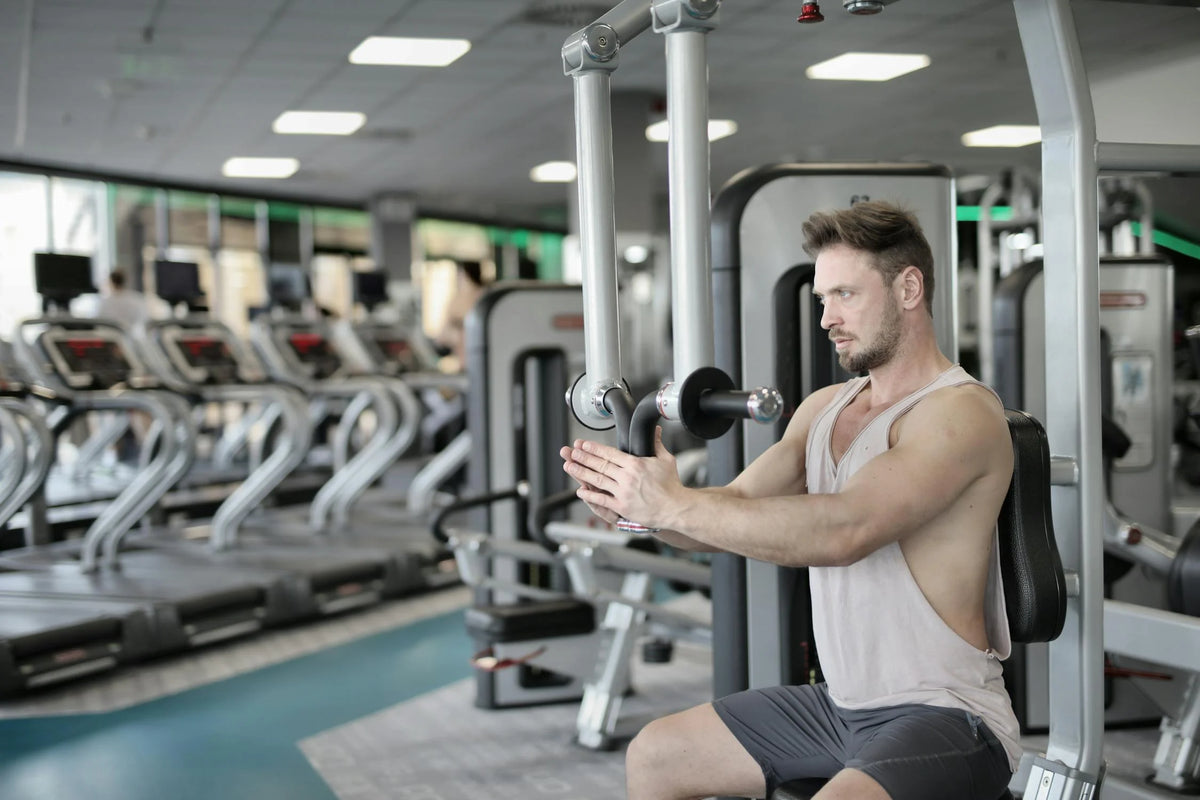Unveiling the Marvels of Muscles: A Deep Dive into Muscle Health and Overall Well-Being
Muscles, the unsung heroes of our bodies, play a pivotal role in our daily lives and overall health. Beyond their aesthetic appeal, muscles are dynamic entities that contribute to our strength, movement, and even metabolic health. In this blog, we'll explore the intricacies of muscle health and its profound impact on our well-being.
Understanding Muscle Composition
Muscles are more than just bulging biceps or toned thighs; they are complex tissues comprised of fibers, nerves, blood vessels, and connective tissues. There are three main types of muscles in the human body: skeletal, smooth, and cardiac. Skeletal muscles, attached to bones by tendons, are responsible for voluntary movements like walking or lifting objects. Smooth muscles, found in organs like the stomach and intestines, control involuntary movements. Lastly, cardiac muscles form the heart and ensure its continuous rhythmic beating.
The Importance of Muscle Health
Movement and Mobility
Muscles are the driving force behind all physical movement. From the simplest actions like blinking to more complex activities like running or weightlifting, muscles make it all possible. Maintaining healthy muscles ensures flexibility, agility, and the ability to perform daily activities with ease. It also contributes to improved posture and reduced risk of injuries.
Metabolism Boosters
Muscles are metabolically active tissues that burn calories even at rest. The more muscle mass one has, the higher their basal metabolic rate (BMR), contributing to weight management and overall metabolic health. Regular strength training not only builds muscle but also helps in weight control, glucose regulation, and prevention of metabolic disorders like Type 2 diabetes.
Bone Health Partnership
Muscles work in tandem with bones, providing support and stability. Weight-bearing exercises stimulate bone density, reducing the risk of conditions like osteoporosis. Strengthening muscles through weight-bearing exercises enhances bone health, promoting a strong and resilient skeletal system.
Posture and Balance
Muscles are essential for maintaining proper posture and balance. Core muscles, in particular, play a crucial role in stabilizing the spine and preventing back pain. A strong core and well-balanced muscles contribute to good posture, reducing the strain on the spine and decreasing the likelihood of musculoskeletal issues.
Nutrition for Muscle Health
Protein for Power
Proteins are the building blocks of muscles. Adequate protein intake is essential for muscle repair, growth, and maintenance. Lean meats, poultry, fish, dairy products, legumes, and plant-based protein sources like tofu and quinoa.
Hydration for Performance
Water is crucial for overall health, and proper hydration is particularly important for muscle function. Dehydration can impair physical performance and hinder recovery. Staying well-hydrated supports muscle contraction, lubricates joints, and aids in nutrient transport to cells.
Balanced Nutrition
A well-balanced diet that includes a mix of carbohydrates, proteins, fats, vitamins, and minerals is essential for overall muscle health and optimal performance. Nutrient-dense foods fuel the body, enhance recovery, and provide the energy needed for various physical activities.
Exercise and Muscle Maintenance
Strength Training
Resistance or strength training is key to building and maintaining muscle mass. It involves activities like weightlifting, resistance band exercises, and bodyweight workouts. Strength training enhances muscle strength, endurance, and tone. It also boosts metabolism and contributes to overall functional fitness.
Cardiovascular Exercise
Cardiovascular exercises, such as running, cycling, or swimming, promote cardiovascular health and contribute to overall fitness. Cardiovascular activities improve blood circulation, ensuring that muscles receive an adequate oxygen supply. They also aid in weight management and support overall well-being.
Flexibility and Mobility
Stretching and flexibility exercises are crucial for maintaining muscle elasticity and joint mobility. Improved flexibility reduces the risk of injuries, enhances range of motion, and supports better overall movement patterns.
Recovery and Rest
Sleep
Quality sleep is essential for muscle recovery and overall health. During sleep, the body releases growth hormones, crucial for repairing and rebuilding muscles. Proper rest improves cognitive function, mood, and immune function, while also promoting muscle repair and growth.
Rest Days
Allowing muscles to rest is crucial for preventing overtraining and injuries. Rest days allow muscles to recover and adapt to the stress of exercise. Adequate rest helps prevent burnout, reduces the risk of overuse injuries, and ensures long-term sustainability in fitness routines.

